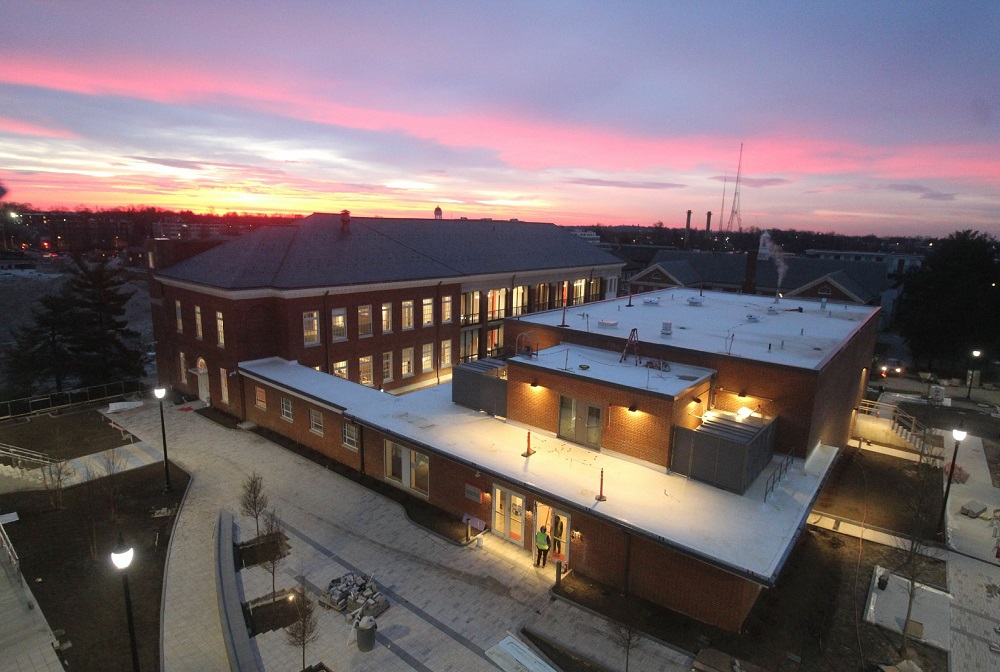Physician Scientist Track
The Physician Scientist Track at Children’s National Hospital is for residents with substantial research experience and a desire to continue research effort during residency. It offers an adjusted training curriculum that allows for up to nine rotation blocks (three call-free) of research elective time without having to extend the traditional three-year residency training period.
Mentorship is a central feature of the Physician Scientist Track. A customized mentoring committee of experienced Children's National investigators is assembled for each Physician Scientist Track resident. A primary research mentor is then identified based on the applicant's experience and career interests, which may be oriented toward basic science, clinical science, public health or health policy.
Our Curriculum
During the first year, Physician Scientist Track residents participate in a foundational general pediatric curriculum (see Curriculum Overview) with the addition of a unique four-week call-free research elective rotation designed for residents to explore and choose their specific research project and mentor.


Quotes from Residents
The Physician Scientist Track at Children’s National offers an incredible training environment for aspiring physician-scientists. This program enabled me to explore a subspecialty area of interest, deepen my passion for congenital heart disease, and develop crucial research skills and lifelong mentorships. Helping to advance patient care and contribute to the field through clinical research, while simultaneously caring for patients at the bedside, was very rewarding.
Research Track Resident
Physician Scientist Track Resident Accomplishments
Physician Scientist Track residents have received many accolades for their work. Recent achievements include:
- Alex Martinson, MD, (Residency Class of 2025) received a $45,500 grant from the Immune Deficiency Foundation for her project, “Machine Learning and Data Pipeline for Inborn Errors of Immunity Pattern Recognition.
- Sri Damera, MD, PhD, (Residency Class of 2026) was accepted into the American Board of Pediatrics Integrated Research Pathway. He is the first author of a paper, Regional homogeneity as a marker of sensory cortex dysmaturity in preterm infants, in iScience and recently presented a poster, "Tensor-Based Morphometry Identifies Impaired Growth of Novel Brain Areas in Fetuses With Congenital Heart Disease," at the annual Pediatric Academic Societies Conference in Honolulu.
Explore Research Opportunities

Children’s National Research Institute
Explore exciting research opportunities from our research & innovation institute.

CNStARR Program
RES track residents may choose (as any other track can) to apply for the R38 CNStARR program, which gives an extra year of training explicitly for added research time.



